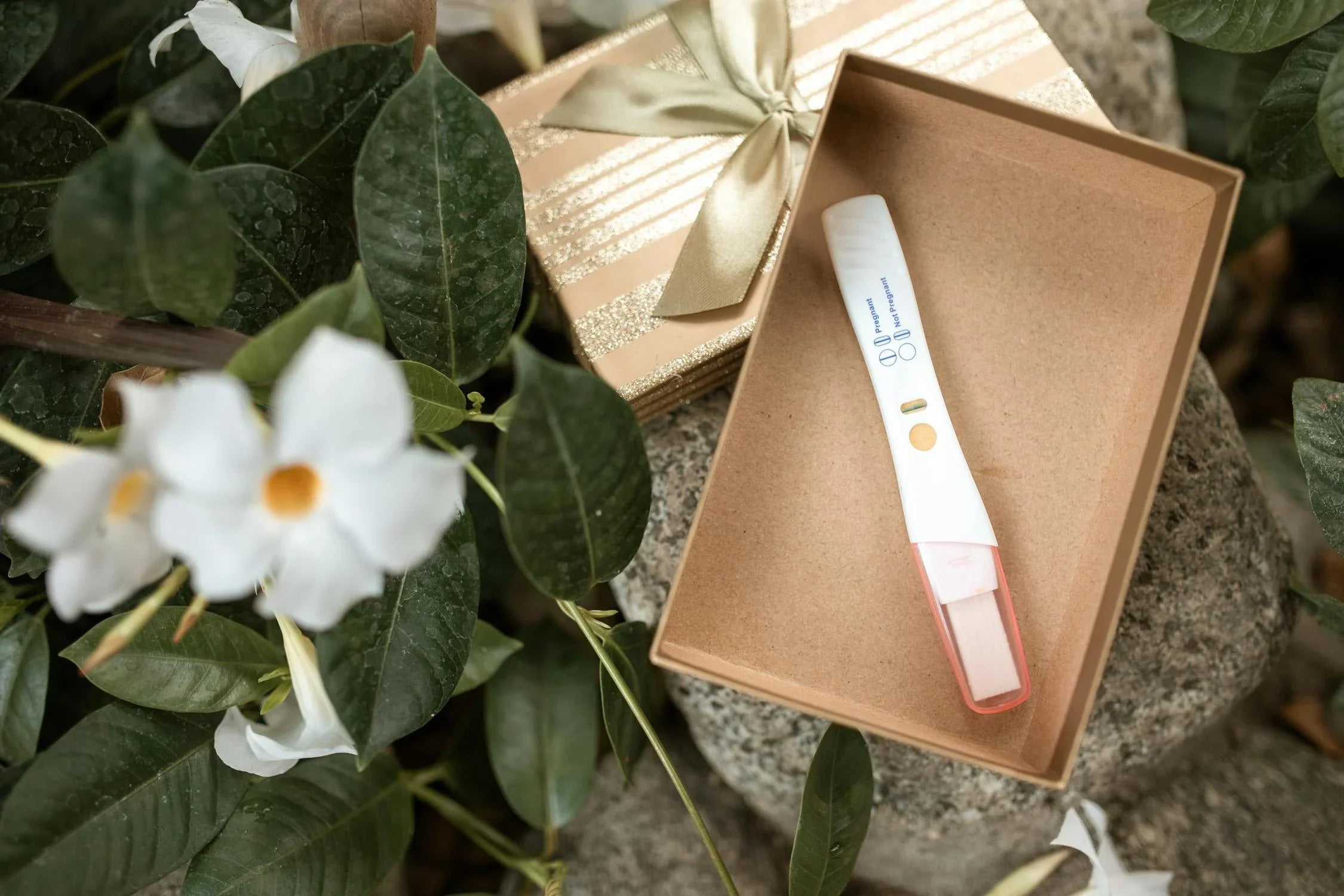Accueil
Pregnancy, Breastfeeding, and Pumping: The Ultimate Guide for Moms
How Long Until You Can Take a Pregnancy Test: A Comprehensive Guide

How Long Until You Can Take a Pregnancy Test: A Comprehensive Guide
Are you eagerly waiting to find out if you're pregnant? Knowing when to take a pregnancy test can make all the difference in getting accurate results. This guide will walk you through everything you need to know about the timing, science, and best practices for pregnancy testing.
Understanding Pregnancy Tests
Pregnancy tests work by detecting the presence of human chorionic gonadotropin (hCG), a hormone produced during pregnancy. This hormone is released when a fertilized egg attaches to the uterine lining. The levels of hCG increase rapidly in the early stages of pregnancy, making it a reliable marker for detecting pregnancy.
When Can You Take a Pregnancy Test?
The timing of when you can take a pregnancy test depends on several factors, including the type of test you use and your menstrual cycle. Here's a breakdown:
Early Detection Tests
Some pregnancy tests are designed to detect lower levels of hCG, allowing for earlier detection. These tests can sometimes provide accurate results as early as 6-8 days after ovulation. However, the accuracy of these tests can vary, and it's often recommended to wait until after your missed period for more reliable results.
Standard Pregnancy Tests
Most standard pregnancy tests are designed to be used after you've missed your period. This is typically around 14 days after ovulation. Waiting until this time increases the likelihood of detecting hCG and reduces the chance of a false negative result.
Factors Affecting Test Accuracy
Several factors can influence the accuracy of a pregnancy test, including:
Timing
Taking a test too early can result in a false negative, as hCG levels may not yet be high enough to detect. Waiting until after your missed period can improve accuracy.
Test Sensitivity
Different tests have varying levels of sensitivity to hCG. Early detection tests are more sensitive and can detect lower levels of hCG, but they may also be more prone to false positives.
Urine Concentration
The concentration of hCG in your urine can vary depending on how hydrated you are. For the most accurate results, it's often recommended to use your first-morning urine, as it is more concentrated.
How to Take a Pregnancy Test
Taking a pregnancy test is a straightforward process, but following the instructions carefully can help ensure accurate results. Here's a step-by-step guide:
Step 1: Choose the Right Test
Select a test that suits your needs. If you're testing early, consider an early detection test. For standard testing, any reliable test should work.
Step 2: Read the Instructions
Each test may have slightly different instructions. Make sure to read and follow them carefully to avoid errors.
Step 3: Collect Your Urine Sample
Use a clean, dry container to collect your urine sample. If you're using a midstream test, you can urinate directly onto the test stick.
Step 4: Perform the Test
Follow the instructions for how long to hold the test in the urine and how long to wait for results. This is usually a few seconds to a minute.
Step 5: Read the Results
After the designated waiting time, check the test for results. Most tests will display lines, a plus sign, or a digital readout to indicate whether you're pregnant.
What to Do After Taking a Pregnancy Test
Once you've taken a pregnancy test, there are a few steps you can take depending on the result:
Positive Result
If your test is positive, it's a good idea to confirm the result with a healthcare provider. They can perform a blood test or ultrasound to confirm the pregnancy and provide guidance on next steps.
Negative Result
If your test is negative but you still suspect you might be pregnant, consider waiting a few days and testing again. hCG levels double every 48-72 hours in early pregnancy, so a test taken a few days later may yield a different result.
Common Questions About Pregnancy Testing
Here are answers to some frequently asked questions about pregnancy tests:
Can Medications Affect Pregnancy Test Results?
Certain medications, particularly those containing hCG, can affect the results of a pregnancy test. If you're unsure, consult your healthcare provider.
Can a Pregnancy Test Be Wrong?
While pregnancy tests are generally reliable, false positives and false negatives can occur. Factors such as improper use, expired tests, or certain medical conditions can affect results.
How Soon After Implantation Can You Test?
Implantation typically occurs 6-12 days after ovulation. Some tests can detect hCG as early as 6-8 days after implantation, but waiting until after your missed period is recommended for accuracy.
Understanding when and how to take a pregnancy test can help you get the most accurate results. Whether you're hoping for a positive or negative result, knowing the right timing and following best practices can make the process smoother and more reliable. Ready to find out? The answer might be just a test away.
Partager
